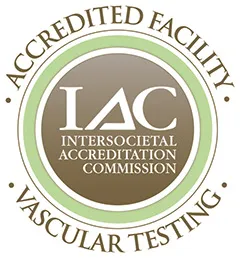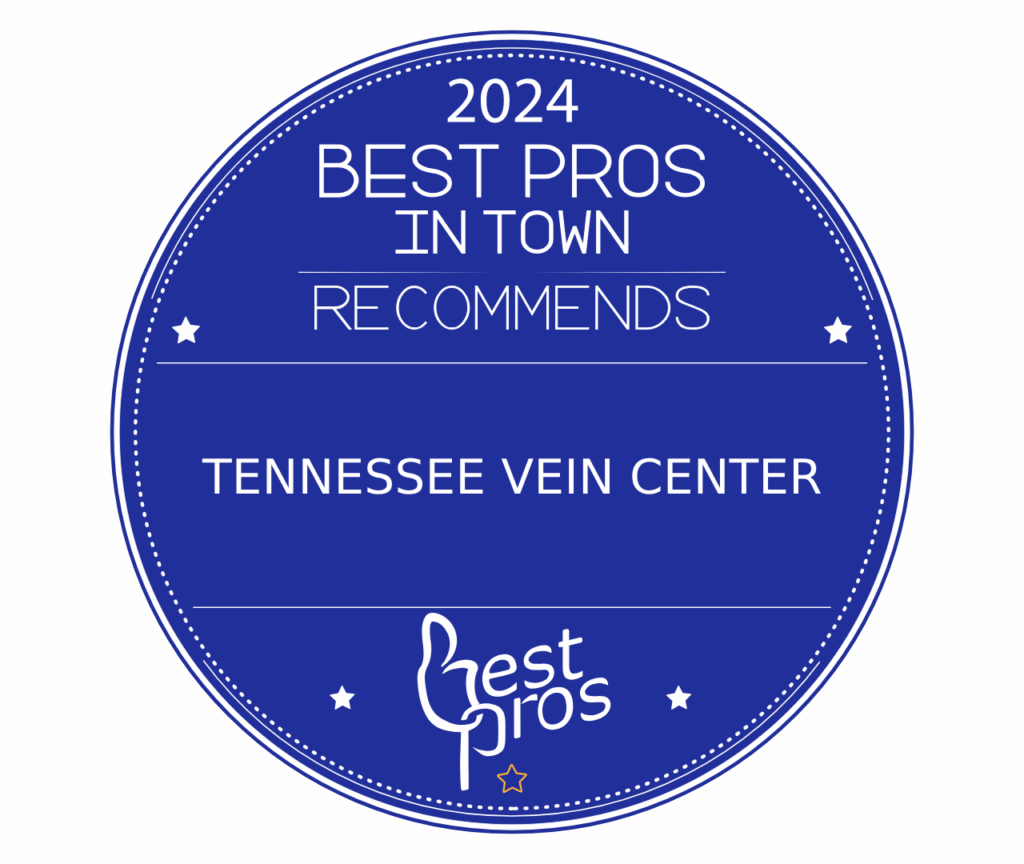Varicose veins are more than just a cosmetic concern—they can cause discomfort, swelling, fatigue, and, in some cases, signal more serious vascular issues. If you’ve been diagnosed with varicose veins and are considering treatment, you might wonder: Should I get a second opinion?
The short answer: Yes, in many cases, seeking a second opinion is a smart step. Here’s why, and when it’s most important to do so.
1. You’re Unsure About the Diagnosis
Not all leg swelling or vein issues are caused by varicose veins alone. Conditions like deep vein thrombosis (DVT), chronic venous insufficiency, or even lymphedema can sometimes mimic varicose vein symptoms.
If your initial consultation didn’t involve a venous ultrasound or seemed rushed, it’s worth seeing another specialist. A thorough diagnostic evaluation such as a venous reflux study or vein mapping, which is performed while standing, is crucial to tailor the right treatment—and avoid unnecessary procedures.
2. You Were Immediately Referred for Surgery or Laser Ablation
Some patients are surprised when they’re told they need an invasive procedure or multiple procedures right away. While treatments like endovenous laser ablation (EVLA) or radiofrequency ablation (RFA) are effective, they’re not always the first or only options.
If conservative approaches like compression therapy, lifestyle changes, or monitoring weren’t even discussed, that’s a red flag. A second opinion can help ensure that all treatment options are being considered—not just the most lucrative or aggressive.
3. You Feel Rushed or Pressured
Health decisions should never feel like a sales pitch. If you’re feeling pushed toward a specific treatment plan without time to ask questions or think it over, that’s a sign to pause and explore other opinions.
A good vein specialist will take the time to explain your condition, answer your concerns, and walk you through all available treatments, including risks, costs, and recovery times.
4. The Treatment Plan Seems Too Generic
Varicose vein treatments should be personalized. If you receive a “one-size-fits-all” recommendation or get little explanation about why a specific treatment is best for you, that’s cause for concern.
A second opinion may offer a more tailored approach—perhaps combining procedures, targeting specific veins, or treating underlying vein reflux that was overlooked.
5. You’re Concerned About Insurance or Costs
Sometimes patients are quoted high out-of-pocket costs or told a procedure isn’t covered by insurance. A second provider might offer a different coding strategy, payment plan, or treatment path that aligns better with your insurance.
Also, not all vein clinics are in-network with all providers. A second opinion can open the door to more affordable or covered care options.
6. You’ve Had Previous Treatments That Didn’t Work
If you’ve undergone treatment in the past and your symptoms persist—or new varicose veins have appeared—it might be time to reevaluate. A different doctor may catch issues that were missed the first time, such as untreated perforator veins or deeper reflux.
Getting another perspective can be the key to finding long-term relief.
7. Peace of Mind
Sometimes the main reason to seek a second opinion is simple: you want to feel confident in your choice. That peace of mind can make a big difference in your recovery and satisfaction with the results.
Healthcare decisions, especially involving vein procedures, can be intimidating. Hearing another expert validate (or challenge) the first recommendation can help you move forward with clarity.
How to Get a Second Opinion (Without Offending Anyone)
Worried about awkwardness? Don’t be. Most doctors support second opinions—it shows you’re taking your health seriously.
Here are a few respectful ways to approach it. You can say:
- “I’d like to explore all my options before making a decision.”
- “This is new to me, and I’d feel more comfortable hearing another perspective.”
- “Would you mind if I took your findings to another specialist to confirm the next steps?”
A good provider will appreciate your thoughtfulness—and may even refer you to a trusted colleague.
Final Thoughts
Varicose vein treatment is a personal decision that can impact your comfort, confidence, and overall health. Seeking a second opinion doesn’t mean you distrust your doctor—it means you value your well-being enough to explore every possibility.
If something doesn’t feel right, or you simply want to make the most informed decision, a second opinion is not just reasonable—it’s recommended.


